THE TEA | April 2025
Five Things Every Woman in the Midst of a Cancer Journey Should Know
By Anusha Jillella, MD
Hello, I’m Dr. Anusha Jillella, MD, a medical oncologist at the UAMS Baptist Health Cancer Center. I spend my days walking with my patients through one of the longest, hardest journeys of their lives. Though my work can be heavy, I consider it a privilege to support my patients through cancer diagnosis, treatment, recovery and beyond, and I find great purpose in providing care and comfort during a challenging time.
As an oncologist, I develop a deep connection with my patients, and through this connection I’ve found men and women often have distinctly different cancer journeys, specifically when it comes to emotional, mental and physical pain.
Today, I want to talk about cancer-related pain in women, and how to address and alleviate it. No cancer journey is ever simple or easy, but there are things women, their physicians and their loved ones can do to make it a little more bearable, and when you’re in the fight of your life, every bit of relief helps.
If you or someone you love is in the midst of cancer diagnosis or treatment, here are the five things I want you to know to make the emotional, mental and physical pain more tolerable, and to help you get through this challenging time.

Your pain matters.
Advocate for yourself.
If you’re a woman and you’ve ever felt like your pain was disregarded, it’s not all in your head (and neither is your pain.) Studies have shown that physicians often don’t take women as seriously when they complain of pain compared to men. This can lead to years of suffering, delayed diagnoses and more.
I want to tell you I believe you. Your pain is valid. Your provider should do everything they can to get the bottom of what is causing your pain and find some form of relief for you. If they don’t, go find another provider, and continue to advocate for yourself until you find someone who is open to your complaints and is willing to help.
You have options for relief.
Address your physical pain.
In my experience, women are more likely not to share their pain because they think it is “normal” or there’s nothing that can be done. For example, women undergoing chemo may experience debilitating pain, but keep it to themselves because they assume it’s an expected side effect. While that may be partially true, you should always be candid with your doctor about any pain you’re experiencing. In many cases, there are options available to provide some relief, such as pain medication or a nerve block. Often I can provide pain management to my patients without them having to see any other providers or make any additional appointments.
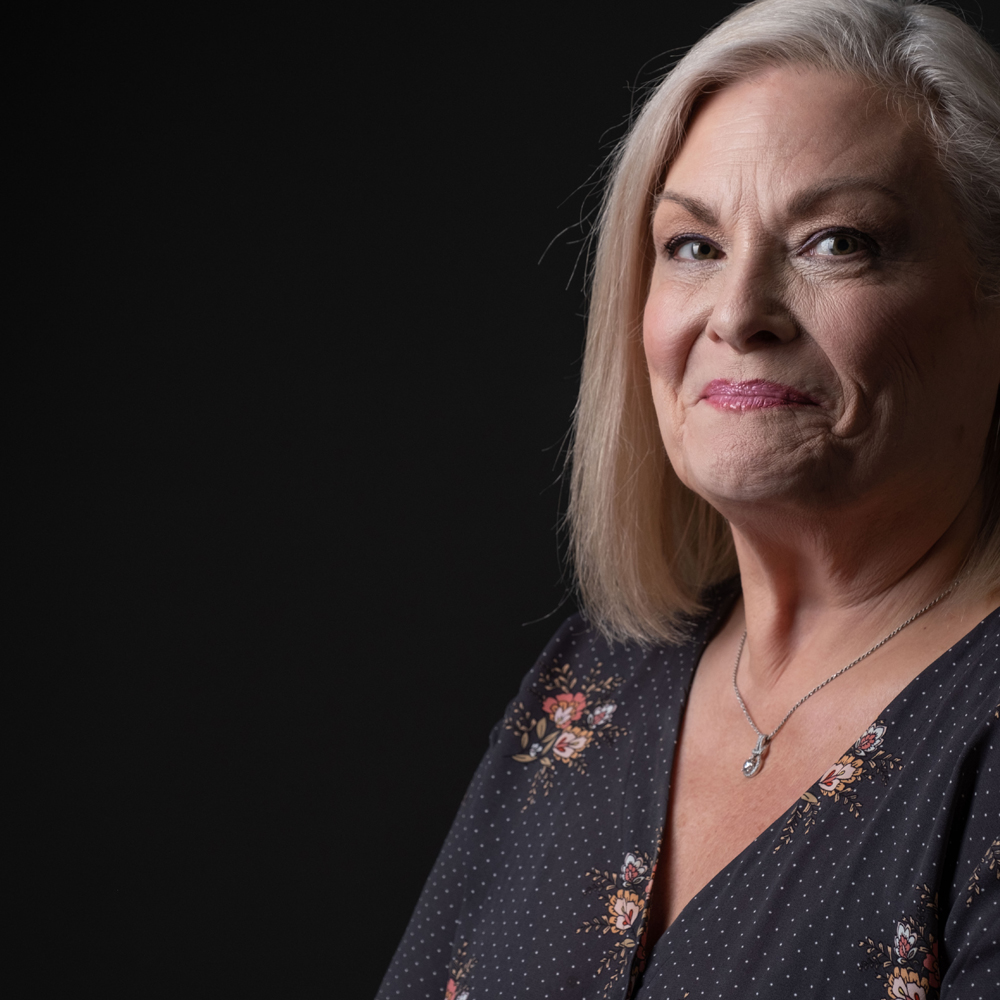
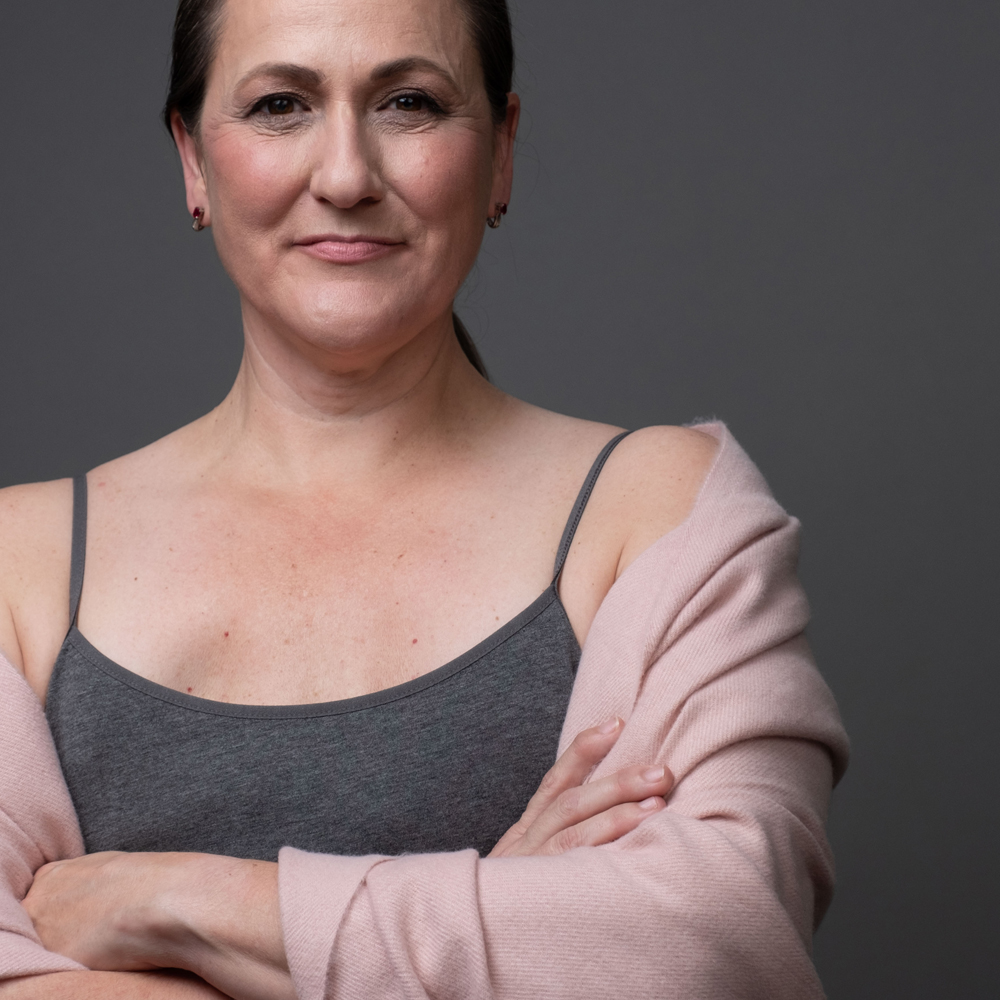
You have options for emotional relief, too.
Invest in your emotional and mental health.
Cancer is just as much a mental and emotional battle as it is a physical one. From trying to cope with physical discomfort to worrying about the future, every cancer patient faces intense emotional struggles. For women, the emotional pain is often intensified by the mental load of trying to “do it all,” including caring for their families and children, working, and doing household tasks like cooking and cleaning.
Again, it’s important to share any feelings of stress, anxiety or depression with your doctor instead of keeping it to yourself. I myself prescribe anxiety medication for patients, but if further care is needed, the Baptist Health palliative care team is great about seeing my patients quickly. If a patient’s issues are beyond palliative care capabilities, a referral can also be put in for psychiatry. With all the options available, there’s no reason to suffer alone. Baptist Health has a multi-disciplinary team ready to support you.
I recommend mindfulness meditation to all my patients as well. Mind over body is a real thing, and calming your emotional state can have profound impacts on your physical wellbeing.
You can ask for help.
Identify people in your circle who can support you.
One stark difference I typically see between a man’s cancer journey and a woman’s is the long list of responsibilities that a woman continues to do, even in the middle of treatment. For example, I’ve had women move or cancel treatment because they had to get kids from school. I’ve never once experienced the same thing with a male patient.
Women are often givers, and are used to taking care of those around them. After a cancer diagnosis, it can be difficult to reverse those roles and allow someone else to take care of you. When I see a woman struggling with this, I ask her this question, “If you can’t ask for help now, when can you?” What else could possibly happen that would warrant letting someone else take care of you for a change?” Oftentimes, women need to begin by acknowledging they are in their time of greatest need. If you’re undergoing treatment, make sure your loved ones know you need help, and tell them exactly what you need them to do. Asking for help doesn’t make you a burden. It makes you a human in need of the same love and care you’ve given others.
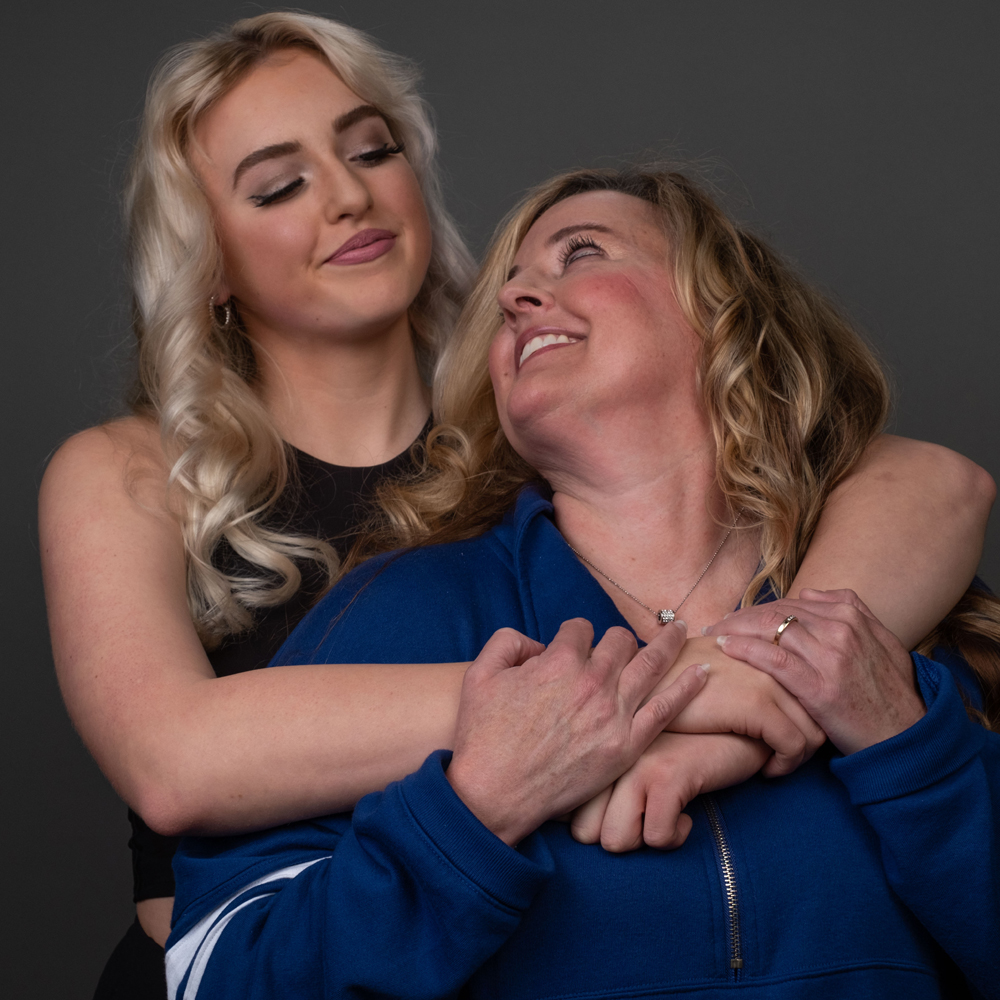
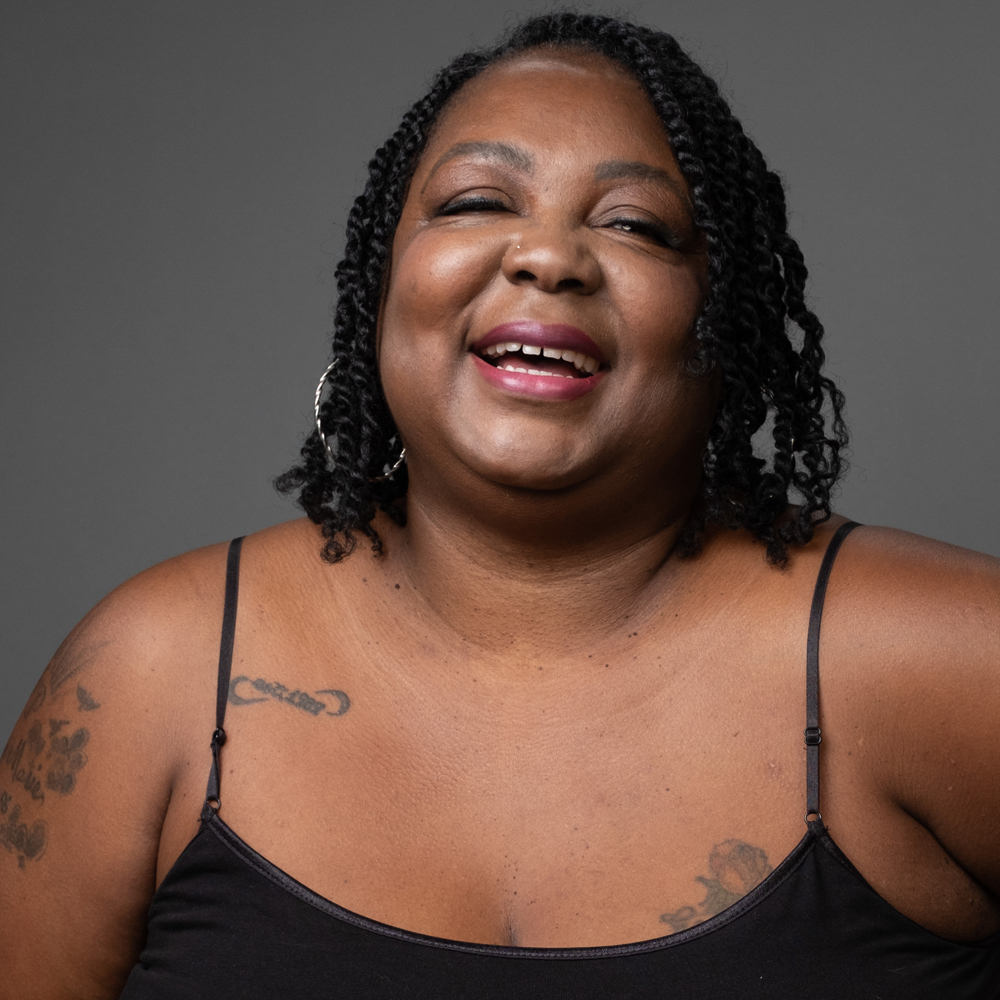
Find your light.
Of all the advice I’ve given, this one is hardest to carry out. But if you can find that one thing that brings you joy in the midst of cancer treatment, it will pay dividends in improving your quality of life.
Cancer has a way of becoming your entire life. The constant pain, the emotional anguish, the appointments, the phone calls with insurance, the medical bills, the work schedule you have to maintain to pay said medical bills… cancer can be all-consuming.
By broadening your world beyond cancer, you give yourself something to look forward to and add joy back into your life. Find a way where cancer isn’t your whole world. Whether it’s reading books, picking up a new hobby, walking the dog, going to church or spending time with a loved one, make room in your life for things that bring you joy.
If you or a woman you know is going through cancer treatment, you know the pain and challenges can feel insurmountable, but I want to give you a message of hope: you are not alone, and you have options. Share your struggles with your provider and advocate what you need. You need moments of peace and joy, even during your journey with cancer.
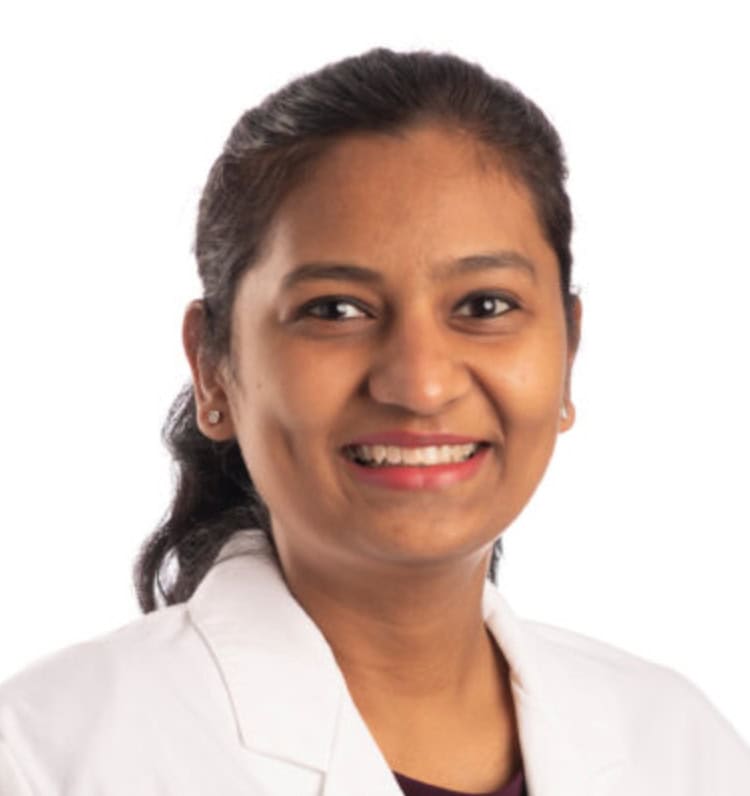
About the Author
Anusha Jillella, MD
Anusha Jillella, MD, joined the UAMS Baptist Health Cancer Clinic as the Medical Director of Hematology and Oncology. With her extensive experience at UAMS, Dr. Jillella is dedicated to advancing cancer care and improving patient outcomes.
Dr. Jillella specializes in personalized, targeted treatments, tailoring therapy plans to each patient’s unique cancer profile. She is deeply committed to not only achieving the best clinical outcomes but also enhancing the quality of life for her patients. She emphasizes supportive care, working to make treatments more tolerable and prioritizing the mental and emotional well-being of those navigating a cancer diagnosis.
